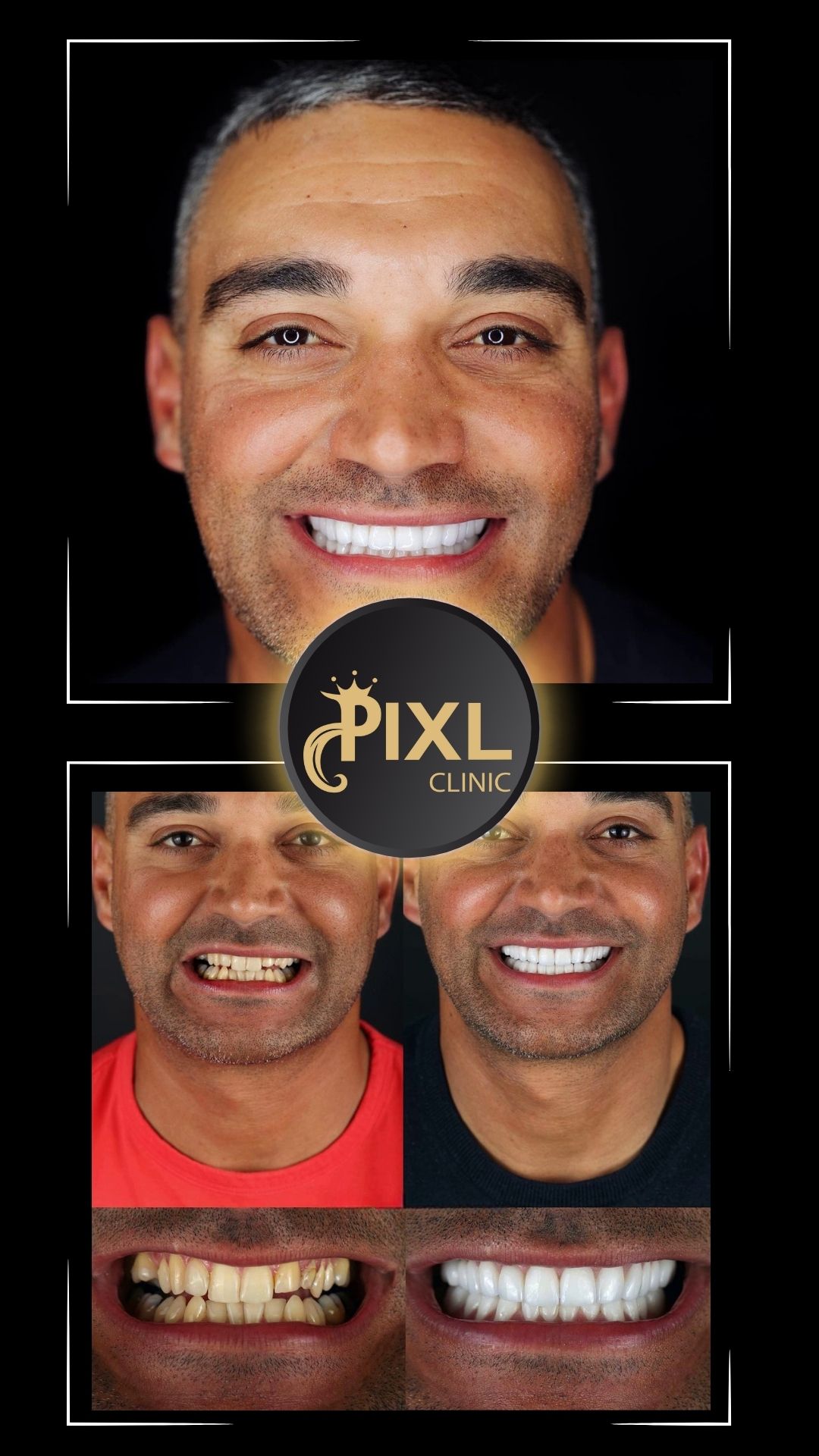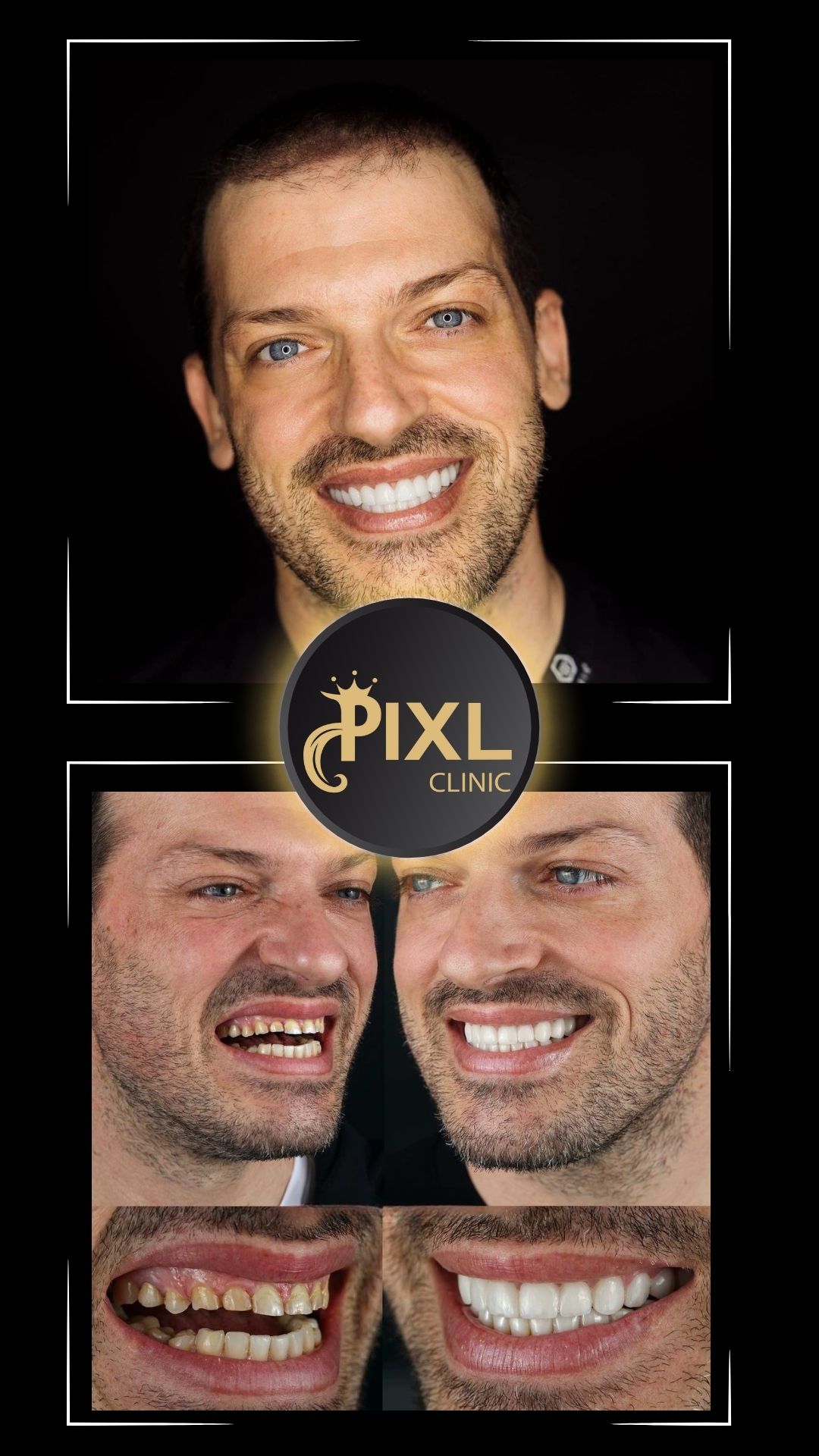Dental Bridge vs. Dental Implant: Which Option Is Right for You?
When it comes to replacing missing teeth, the decision often boils down to two popular choices: dental bridges and dental implants. Both options offer effective solutions, but the right choice depends on your specific needs, oral health, and lifestyle. Let’s dive into the pros and cons of each to help you make an informed decision.
What Is a Dental Bridge?
A dental bridge is a fixed dental restoration that “bridges” the gap left by a missing tooth or teeth. It consists of an artificial tooth (or teeth) anchored in place by dental crowns on the adjacent teeth.
Pros of Dental Bridges:
- Cost-Effective: Typically less expensive upfront than dental implants.
- Quick Process: Can be completed in a few dental visits.
- Non-Surgical: Does not require surgery, making it suitable for individuals who may not be candidates for surgical procedures.
Cons of Dental Bridges:
- Dependence on Adjacent Teeth: The procedure requires grinding down healthy neighboring teeth to support the bridge.
- Shorter Lifespan: Bridges typically last 10-15 years, whereas implants can last much longer with proper care.
- Bone Loss: Since a bridge does not replace the tooth root, the underlying jawbone may deteriorate over time.

What Is a Dental Implant?
A dental implant is a titanium post surgically placed into the jawbone, serving as an artificial tooth root. A crown is then attached to the implant, providing a natural-looking and durable replacement for the missing tooth.
Pros of Dental Implants:
- Longevity: Implants can last a lifetime with proper care.
- Preserves Bone Health: By replacing the tooth root, implants stimulate the jawbone and prevent bone loss.
- Natural Look and Feel: Implants closely mimic the appearance and function of natural teeth.
- No Impact on Adjacent Teeth: Unlike bridges, implants do not rely on neighboring teeth for support.
Cons of Dental Implants:
- Higher Cost: Implants are typically more expensive upfront.
- Longer Process: The treatment can take several months, as it involves surgery and healing time.
- Surgical Risks: As with any surgery, there are risks such as infection or complications, though they are relatively rare.
Factors to Consider When Choosing
Oral Health:
- If your adjacent teeth are healthy, a dental implant may be a better option as it doesn’t compromise them.
- If the neighboring teeth are already damaged or in need of crowns, a bridge might make more sense.
Bone Health:
- Dental implants require sufficient jawbone to support the post. If you have significant bone loss, a bone graft may be needed before an implant can be placed.
Budget:
- While implants are more expensive upfront, they may be more cost-effective in the long run due to their durability.
Timeframe:
- Bridges are faster to complete, whereas implants require a longer timeline for placement and healing.
Age and Lifestyle:
- For younger patients, implants are often preferred due to their long-term benefits.
- For older adults or those looking for a quicker solution, bridges might be more appealing.
Conclusion: Dental Bridge or Dental Implant?
Both dental bridges and implants have their place in modern dentistry, offering reliable solutions for missing teeth. The best choice for you depends on your specific circumstances, including oral health, budget, and personal preferences.
Consult with your dentist to discuss your options and determine the most suitable treatment for your needs. With professional guidance, you’ll be on your way to a restored, confident smile in no time!
FAQs: Dental Bridge vs. Dental Implant
What is the main difference between a dental bridge and a dental implant?
A dental bridge relies on adjacent teeth for support and replaces only the visible portion of the missing tooth. A dental implant, on the other hand, is surgically placed into the jawbone and replaces both the root and crown of the missing tooth.
Which option lasts longer: a dental bridge or an implant?
Dental implants typically last a lifetime with proper care, while dental bridges usually last 10-15 years before needing replacement or repair.
Are dental implants more expensive than dental bridges?
Yes, dental implants have a higher upfront cost than dental bridges. However, their long-term durability may make them more cost-effective over time.
Can everyone get a dental implant?
Not everyone is an immediate candidate for a dental implant. Factors such as insufficient jawbone, gum disease, or certain medical conditions may require additional procedures (like bone grafting) or make implants unsuitable.
How long does it take to get a dental bridge or implant?
- Dental Bridge: The process typically takes 2-3 dental visits over a few weeks.
- Dental Implant: The process can take several months, including time for the surgical placement, healing, and attaching the crown.
Does getting a dental implant hurt?
The procedure is performed under local anesthesia, so you shouldn’t feel pain during the surgery. Some discomfort or swelling may occur afterward, but it can usually be managed with over-the-counter pain relievers.
Will a dental bridge or implant look natural?
Both options can look natural when properly designed and placed. Dental implants are often favored for their closer resemblance to the function and appearance of natural teeth.
Do dental bridges or implants require special care?
- Dental Bridges: Regular brushing, flossing, and professional cleanings are essential. Special flossing tools may be needed to clean under the bridge.
- Dental Implants: Care for implants as you would your natural teeth with regular brushing, flossing, and dental check-ups.
Can I replace multiple teeth with bridges or implants?
- Bridges: Can replace multiple teeth if there are strong, healthy teeth on either side of the gap to support the bridge.
- Implants: Can be used individually for each missing tooth or as part of a larger solution like an implant-supported bridge or denture.
Which option is better for bone health?
Dental implants are better for bone health because they replace the tooth root and stimulate the jawbone, preventing bone loss. Dental bridges do not address bone loss since they only replace the visible part of the tooth.
Are there risks associated with dental implants?
Like any surgery, there are risks, including infection, nerve damage, or implant failure. However, these risks are rare and can often be minimized with proper care and choosing an experienced dentist.
Can I switch from a dental bridge to an implant later?
Yes, you can replace a dental bridge with an implant later, though it may require additional procedures such as bone grafting if bone loss has occurred.
































